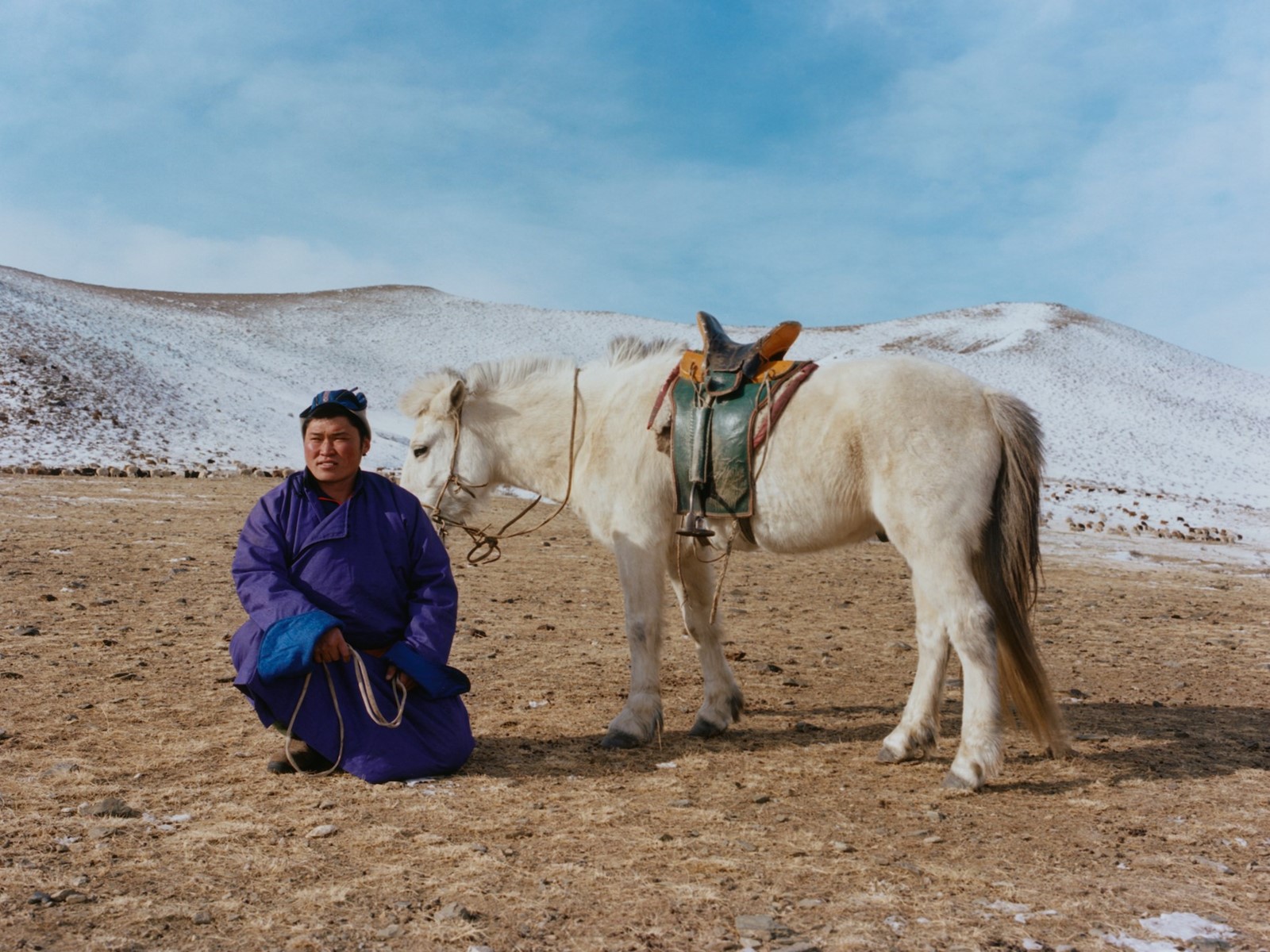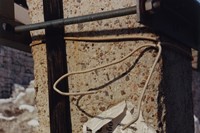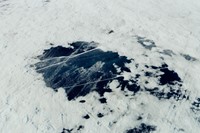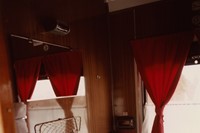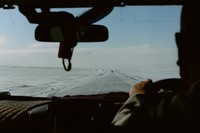To say things didn’t go to plan in making Trans Siberian, Coco Capitán’s new book commissioned by Louis Vuitton would be an understatement. Always the fantasist, the Spanish artist let her mind wander about the visual possibilities of the long-distance train ride between Moscow and Beijing – imagining the scenarios she’d encounter and the images she’d make. Instead, she found herself thrust into the unfolding Covid-19 crisis, grappling with isolation and sickness, caught in a cycle of fear and uncertainty.
Capitán’s practice is typically born from an energy exchange between loved ones and strangers. Her playful and irreverent aesthetic, which straddles fashion and art, combines photography, painting and handwritten aphorisms to explore the tension between reality and perception. Throughout Trans Siberian, however, we get to experience Capitán anew. Her highly collaborative and social practice shifts into something quieter and more introspective; emotions are unfixed, and vulnerability is palpable. A foreboding sense of dread is all-encompassing, especially in the periods when she was confined to her cabin with suspected flu.
“I was terrified of it being mistaken for Covid-19,” she tells AnOther. “And being sent to quarantine in some random city along the route. It felt like some odd dream for a long part of the journey – a parallel universe.”
While the book’s diaristic format contains traces of her fascination with uniforms, water and blue hues, it’s not until Capitán arrives in Mongolia’s Gobi desert that the mood begins to shift. Joy and connection replace emptiness and isolation. Though sadly, these new friendships were only fleeting, and as borders worldwide started to close, Capitán had to move quickly to make the last flight home. She writes in the book, “Somewhere in the Gobi desert, there’s a party I’d still like to attend.”
Here, in her own words, Capitán reflects on vulnerability, isolation and the awkward collision of fantasy and reality in a remarkable moment in human history:
“My trip on the Trans-Siberian Railway was unique in that pretty much everything I experienced was different from what I had imagined. I thought I’d be travelling in a train filled with chatty and friendly passengers, listening to their stories and what brought them to this journey. I could already see the portraits shot inside the old train compartments in my mind. Nothing could have been further from the reality I encountered.
“The trip’s start coincided with the initial outbreak of Covid-19 in China. It’s almost impossible to imagine now, but no one understood what was going on at that time. Covid-19 hadn’t been declared a pandemic, and people just thought the outbreak was isolated to that one country. Nobody was sure about anything, and you could feel the fear and anxiety everywhere. As we advanced on our route, things became more and more uncertain until, at some point, we didn’t know what would be the wiser choice – carry on or go home immediately.
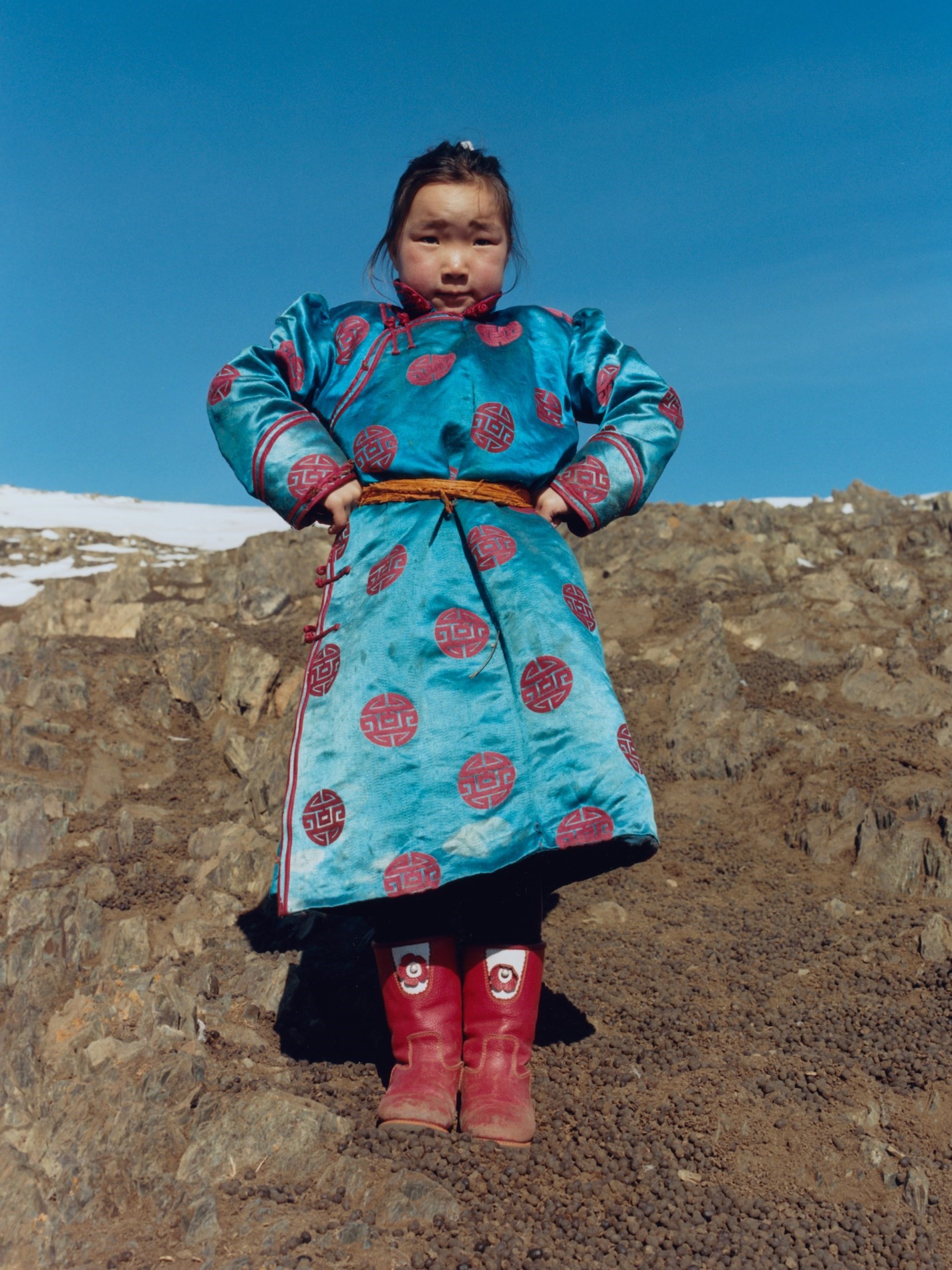
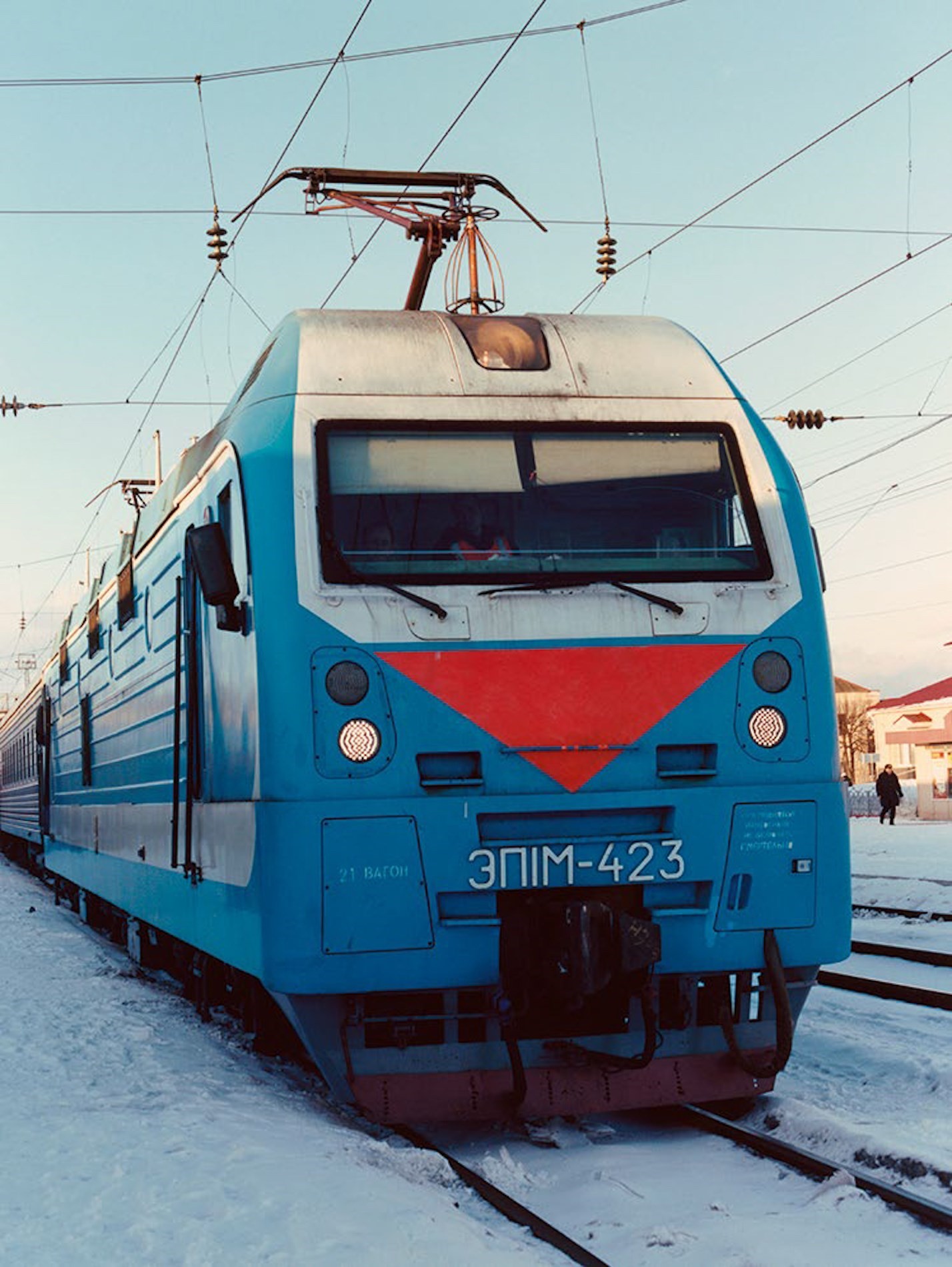
“Collaboration is an essential part of my process, but the emerging pandemic made everyone nervous, and many travellers were suspicious of spending too much time close to foreigners. Travelling through Siberia was tough – it was a very isolating experience. The only connection to the outside world was the occasional wifi signal where the news described a world about to collapse.
“When we arrived in Mongolia, the atmosphere was completely different. We spent time in the middle of the Gobi desert with nomad families, who hosted us in their homes. It was really beautiful and collaborative. Then, the official announcement of the pandemic came, and the travel bans started. We ended up having to cut the trip short and drive eleven hours back to Ulaanbaatar in the hope of getting a seat on the last flight home.
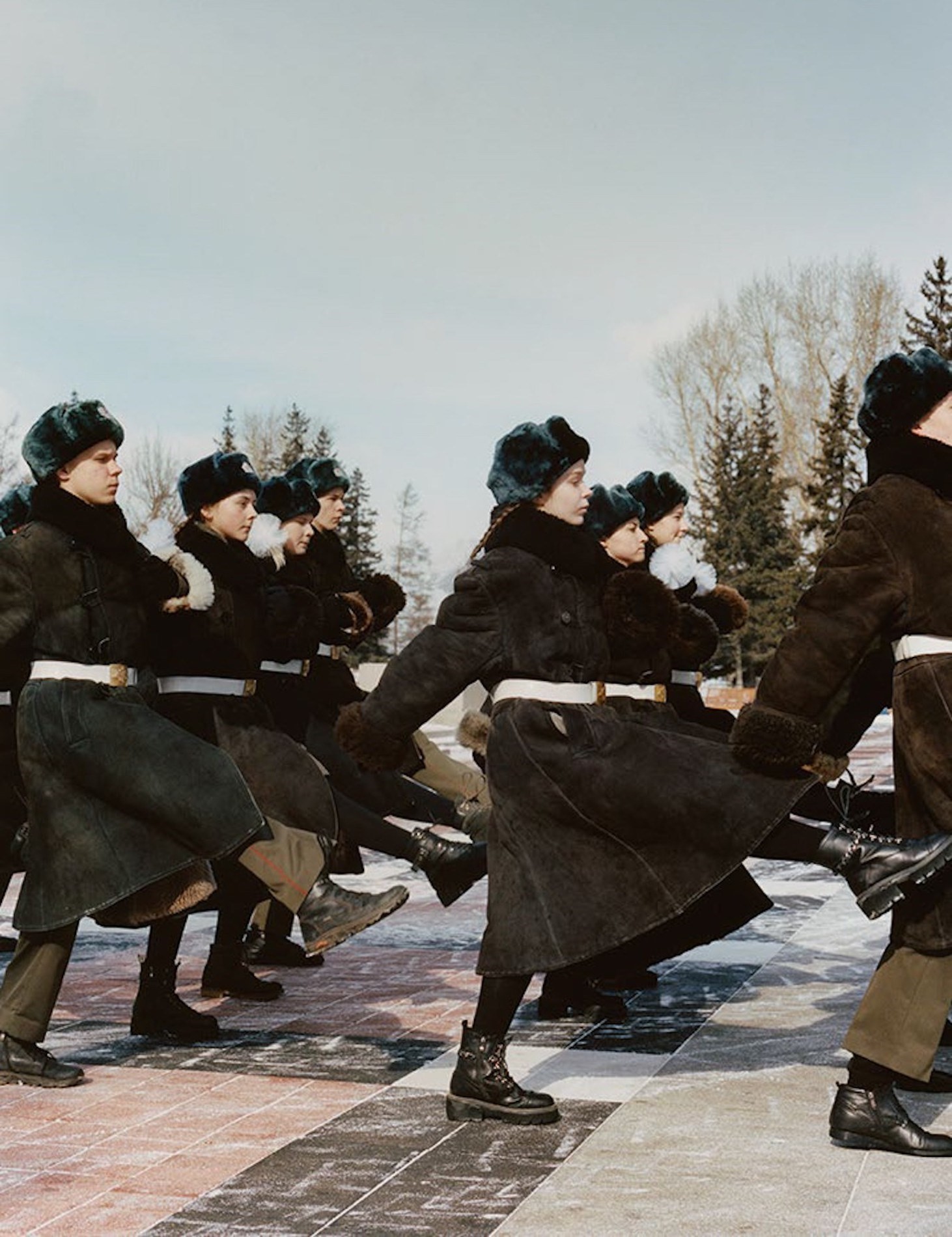
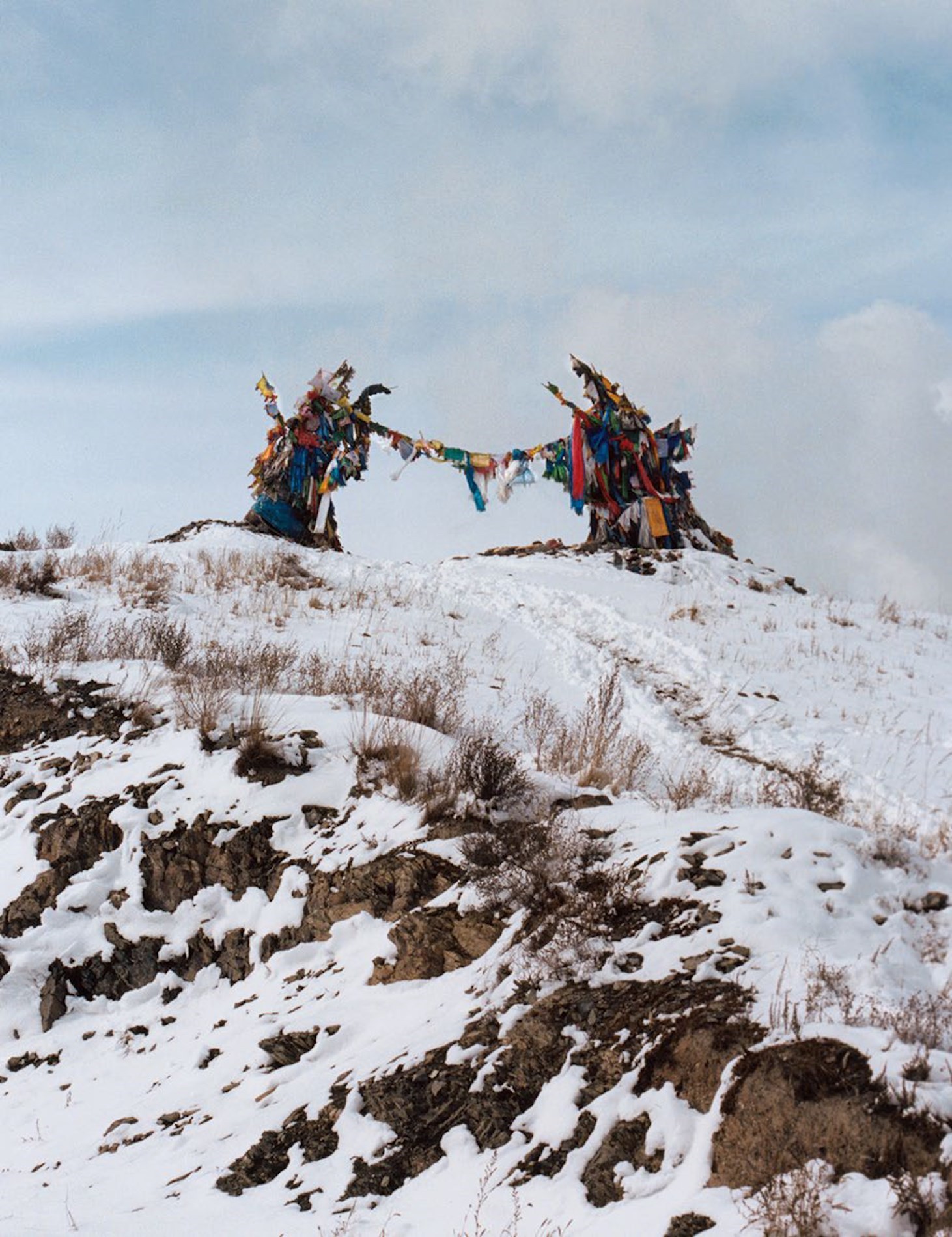
“My resilience was put to the test making this work. It was a huge learning experience for me. I accepted the situation but remained observant and didn’t give up. If anything, it was a reminder that when you take out your camera, you don’t always need to be in search of just some idealistic moment. All experiences are ripe for observation and reflection. In truth, not all projects give you joy, and this one was, at times, quite dark, but I think it’s vital to be able to talk about making art in challenging times.”
Fashion Eye Trans Siberian by Coco Capitán is available from louisvuitton.com now.
